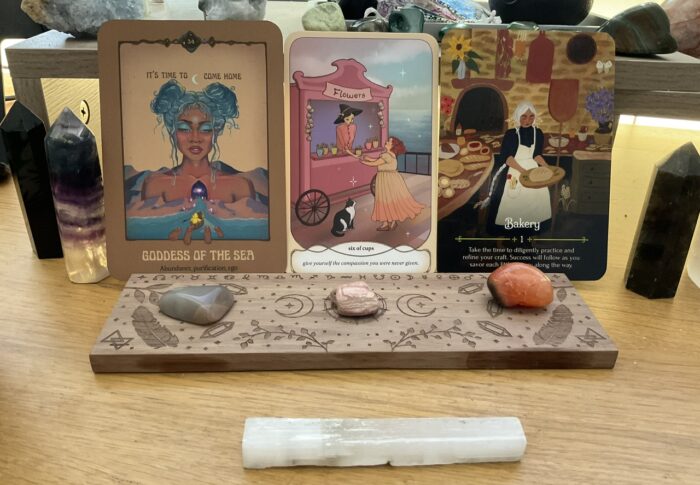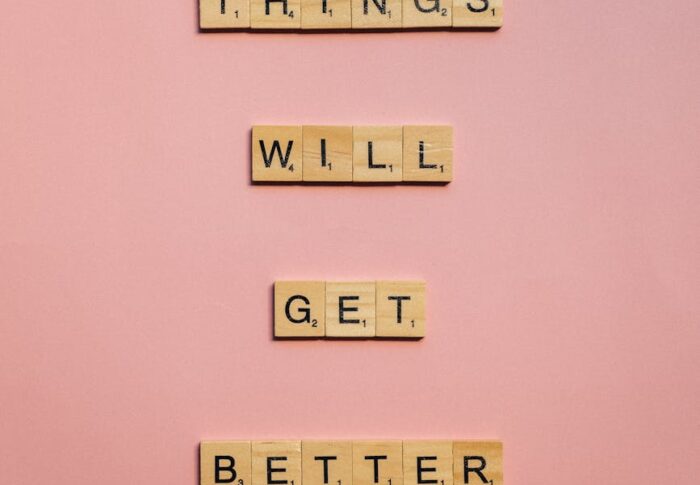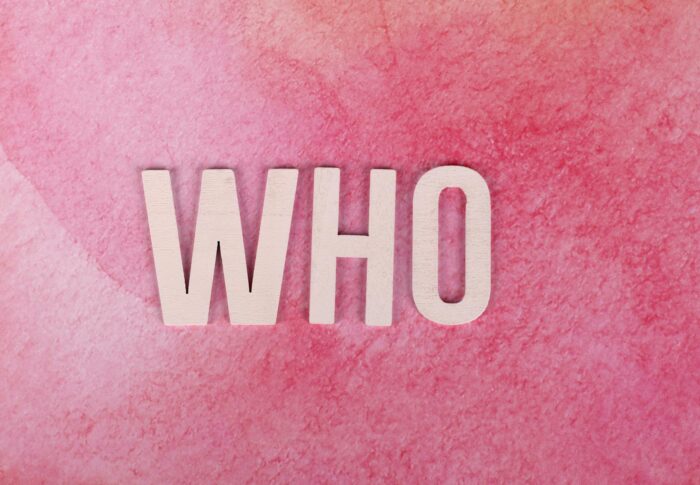
Disordered Eating vs Eating Disorders. The Truth
Hi Musers. As you may know, I also write for the site Medium and post many of my articles from this blog there too. Recently I received a comment on my article Why Diets Don’t Work. It said:
“Wait, what? You have disordered eating but not an eating disorder?
The fact that this person doesn’t perceive any difference between the two shows how far we have to go in educating the world about eating-related problems. So, today I’m going to explain the differences.
Non-Disordered Eating
Non-disordered or normal eating is the type of eating we do as babies. You eat when you’re hungry, stop eating when you’re full and eat exactly what you fancy at that moment with no thought of calories, weight or what you’ve already eaten that day.
I wish we all stayed eating that way with no fat-shaming, diet culture, or “this is the way you should eat” propaganda. However, diet companies make money telling us we can no longer trust our bodies to know what they need. The beauty and drug industries tell us that if we buy this shake, this cleanse, or this surgery, we will banish our “flaws” and have the ideal body.
The fact is if we don’t mess with nature and learn to trust ourselves and our bodies, most of us will never have a problem to begin with. Also, science proves diets don’t work, so why do we continue to try each new one that appears?

Disordered Eating
Disordered eating occurs when you’ve lost touch with your body’s natural hunger and satiety clues. You eat on a schedule other than your body’s needs, and you often eat too much or too little. You may also be prone to emotional eating. Here are the symptoms of disordered eating:
- Eating when you’re not hungry, due to boredom, stress, misery, etc.
- Cutting out entire food groups
- Eating the same foods every day or almost every day
- Fasting as a way of reducing calorie intake
- Eating based on a diet plan and not listening to what the body wants and needs
- Feeling anxious about eating in a restaurant or refusing to do so because foods are not on the diet or too high calorie
- Emotional well-being and sense of self-worth are strongly affected by weight loss or gain
Eating Disorders
If you’re thinking the symptoms of disordered eating sound like an eating disorder, you’re right! While some people with disordered eating feel happy in their eating habits and find it doesn’t negatively impact them, for others, it’s a slippery slope to a full-blown eating disorder. The difference is its impact on the person’s life, how much of their concentration it takes up, and the frequency and severity of the behaviour.
People with an eating disorder may also exhibit these behaviours:
- Steadily reducing calories to significantly below what the body needs to thrive
- Throwing up or taking laxatives to purge unwanted calories
- Bingeing to the point of vomiting while going into a trance
- Exercising obsessively multiple times a day

FAQs
If many of the behaviours are the same, how do I tell if I/my partner/friend has disordered eating or an eating disorder?
As explained above, the best guide is how much time and concentration it’s taking up and how often the person engages in these behaviours. However, if you have any concerns, then you need to consult a doctor for a diagnosis.
If a person exhibits disordered eating habits, will this progress into an eating disorder eventually?
No, of course not. Every person is different and so are their reactions to disordered eating. Many people with disordered eating believe their relationship with food is fine. They may display some disordered behaviours, but it doesn’t impact their lives much, and they’re happy. Others are not so lucky. It really does depend on the person.
Are disordered eaters fat?
No, not at all! Disordered eaters can be fat, thin and everything in between. There is no way to spot a disordered eater by looking at them.
Is all disordered eating bad?
This is a tough one. If we mean bad as in harmful, then not necessarily. As I explained above, some folks with disordered eating are a healthy weight, have no major obsessions with food and believe their way of eating is best. In itself, that’s ok.
However, I believe we are born intuitive eaters. We are born knowing when our body needs to eat, how much it needs and what it wants to eat. I believe unless we all get back to that, there’s a danger of our disordered eating progressing to something more serious.
Should I seek help for my disordered eating?
That really is up to you; I am in no position to tell anyone how to live their life! What you should do is assess how much of the day you spend thinking about food, how in control you feel, and whether your diet makes you happy.
Of you feel,it’s a major problem you may want to consider reaching out for help. If not, then you could try reading Health At Every Size by Dr Lindo Bacon and Intuitive Eating by Evelyn Tribole and Elyse Resch. They’re both great starting points in repairing your relationship with food and your body.
No Wrong Answers
That’s all for today, Musers. If you have any thoughts on this topic, then please pop the, in the comments as usual. If you have worried about yourself or a loved one, here are a few sites you can check out for guidance.
The National Eating Disorders Association (USA)






